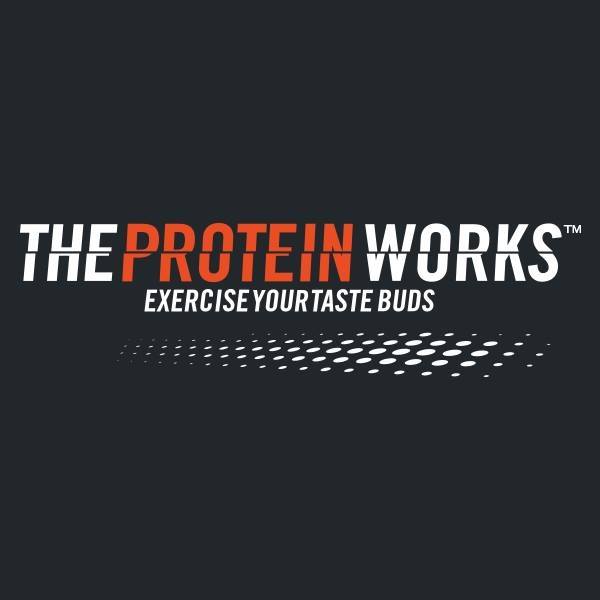
The Benefits Of “Clean” Eating Vs “Dirty” Eating
“Clean foods” vs. “dirty foods”
The two terms are ambiguous, and don’t really have a definition.
Clean foods are nutrient-dense.
They contain vitamins and minerals, and a host of benefits.
They might come in the form of fruits and vegetables, perhaps they’re lean proteins with nothing added or possibly healthy fats like nuts and olive oil.
Even when it comes to the controversial topic of carbohydrates, most people (low-carb advocates aside) agree that root vegetables, and brown carbs – i.e. brown rice, whole-grain breads and so forth – constitute clean in most peoples’ diets.
As for dirty foods?
Well, these are those guys that don’t really have any benefit nutritionally.
They tend to have a higher fat and carbohydrate content (often from sugars and trans or hydrogenated fats) and the general public would declare them unhealthy.
As a basic guide, clean foods are “real foods” and close to nature, whereas dirty foods are processed, packaged and contain a number of ingredients.
Setting Aside Beliefs
Whether this conforms with your beliefs or not is neither here nor there.
Science shows us that “dirty foods,” when consumed as part of an overall balanced, healthy diet have no significantly detrimental effect on health or body composition.
Likewise, you can gain body fat by eating only clean foods if you over-consume calories.
What this article aims to explore, however, is whether, dirty foods have any benefit.
Could your crisps, your pizza, your cake, and every IIFYM-er’s favourite – the now infamous Pop Tart – actually give you better results?
A Bulker’s Paradise
To gain muscle, you have to eat in a caloric surplus.
That means you need to eat more calories than you burn off – if you don’t do this, you won’t build mass. Simple.
And many hard-gainers have a problem with this.
Certain folk do have high metabolic rates, which means they need to consume 4, 5, maybe even 6,000 plus calories every day to gain weight.
Have you ever tried eating that many calories purely from clean foods?
You’d need an entire vat of sweet potatoes, a farmyard’s worth of chicken breasts, and would be drizzling so much olive oil on your meals you might as well change your name to Jamie Oliver, to consume 6,000 calories every day from “clean foods.”
Yet with the odd bit of junk thrown in here and there – pancakes at breakfast, a Mars Bar pre-workout, or a tub of ice cream before bed – that calorie target suddenly becomes a lot more manageable.
Dirty food typically digests far more quickly, giving less bloating, less discomfort, and allows you to get in enough food to gain muscle without constantly feeling like a goose about to be made into foie gras.
A Mental Game
How many times have you been dieting, and all you could think about were your cravings?
You know you don’t “need” any more food, and in theory, your diet’s providing everything you require, but you just can’t get your mind off that Big Mac, chocolate shake and chips?
Here’s an answer … Eat them!
(In moderation)
Provided you hit your calorie and macronutrient targets, these foods will do you no harm.
Clearly, when your calories are lower, you won’t be able to gorge on dirty foods, but a little junk goes a long way to curing cravings.
Bodybuilders and clean eaters typically abstain from all the foods they desire when dieting or in contest prep mode, and the temptations keep building up, getting stronger and stronger.
At some point, you will cave, and at that point, you won’t just have a small taste – you’ll go to town on an all-out junk food binge.
This can set you back days, even weeks, and that’s provided you stick to just one meal or one day of cheating.
More than likely though, you’ll fall completely off the wagon, and into a downward spiral of junk food.
Wouldn’t a more sensible option be to allow yourself a little dirty food, still hit your calorie and macronutrient quota, and not develop such a hideous relationship with food?
Setting Your Budget
The bottom line is that in moderation, dirty food will do you no harm at all, and in certain instances, may actually help you, both on a mental and physiological level.
It all comes down to a budget.
If you’re bulking, your dirty food budget is fairly sizeable.
Cutting or dieting? Then it’s smaller, but it’s still there.
Aim to get 80-90% of your calories from “clean” nutrient-dense foods, and 10-20% can go on dirty foods.
That means if you’re up at 5,000 calories per day, you can spare 500-1,000 for a whole tub of ice cream, or an entire rack of ribs with chips and slaw.
If you’re in a hard fat loss phase though, you might be down at a 200-250 junk food budget, but that doesn’t mean you can’t have treats here and there.
Be sensible, think moderation and balance, and don’t sack off dirty foods as progress saboteurs.





No Comments yet!